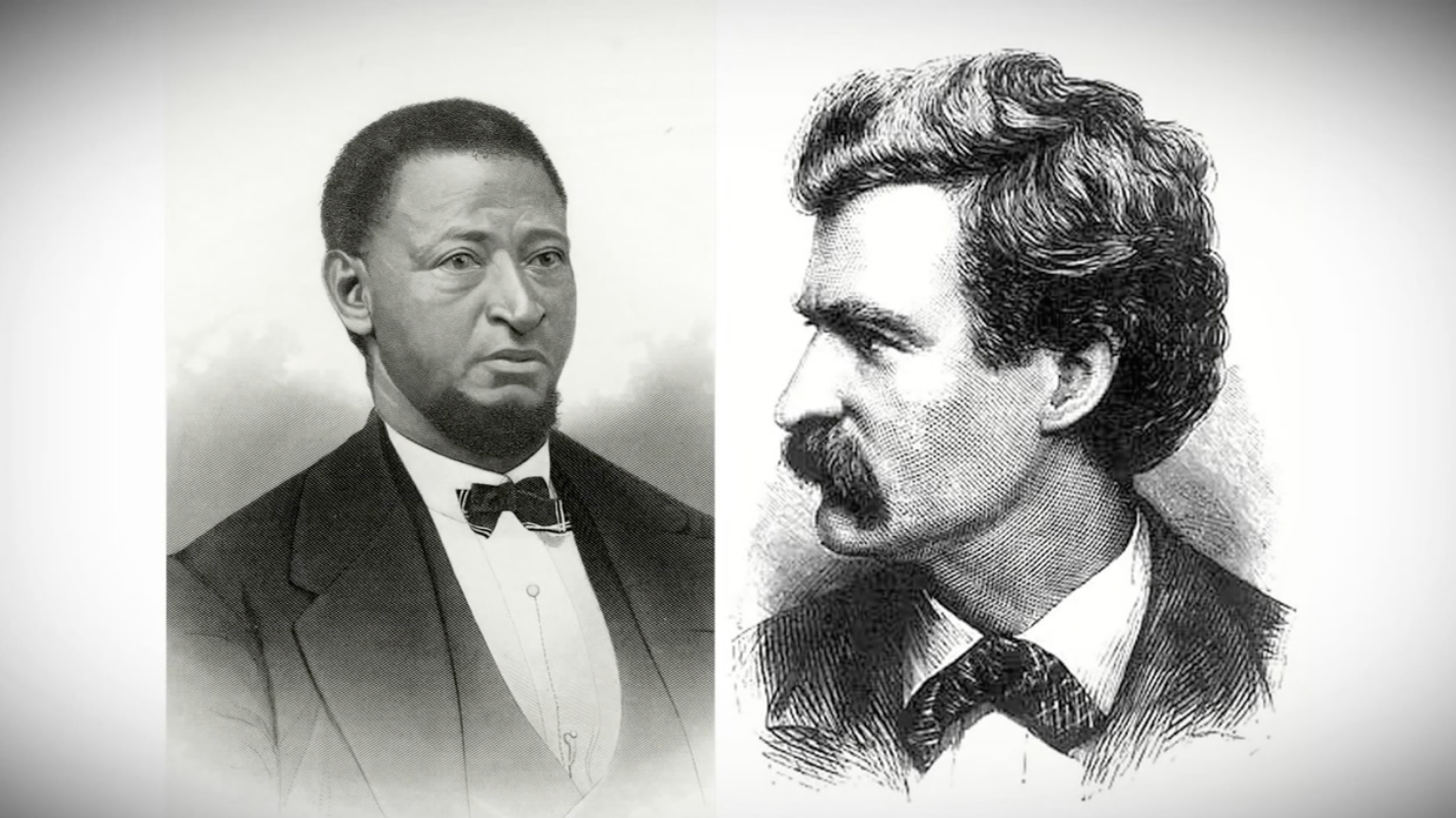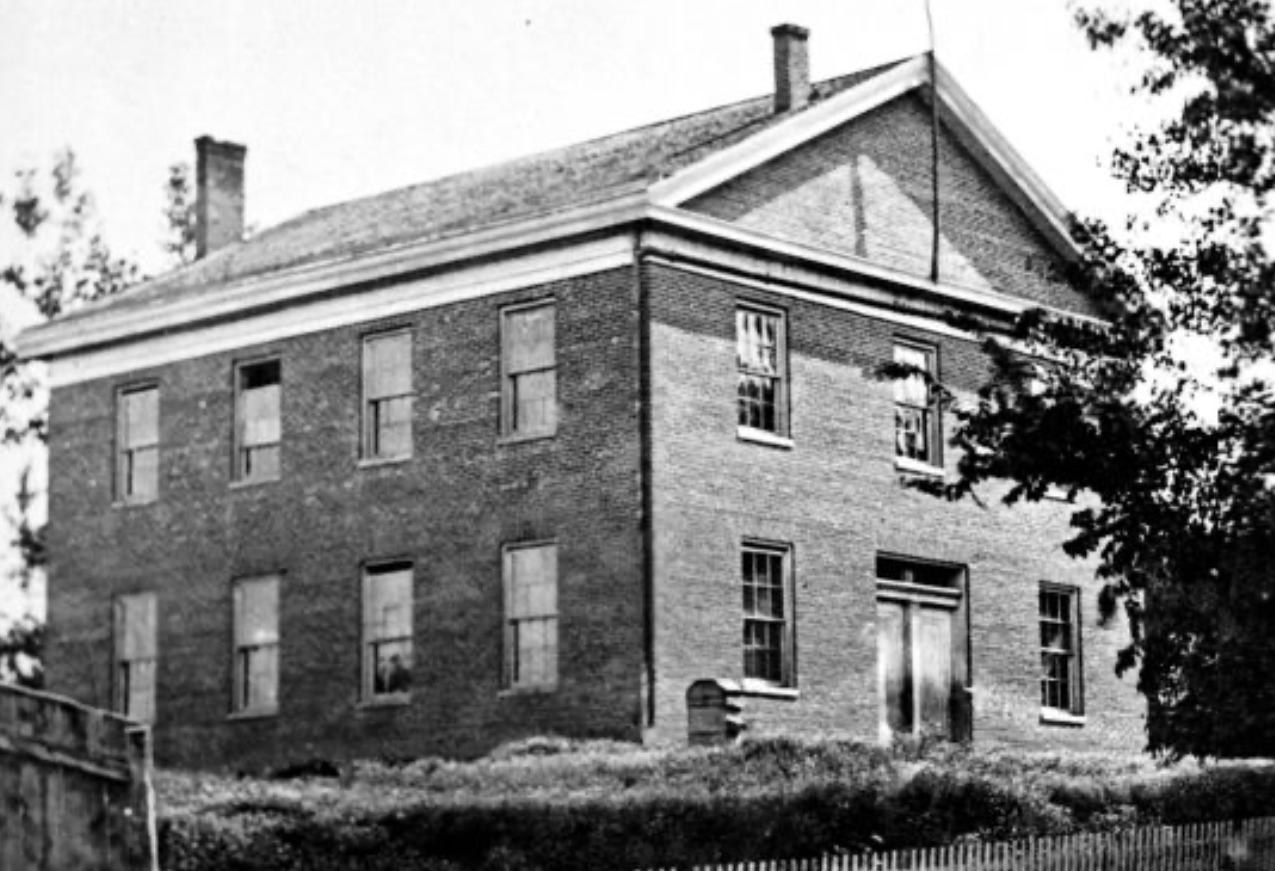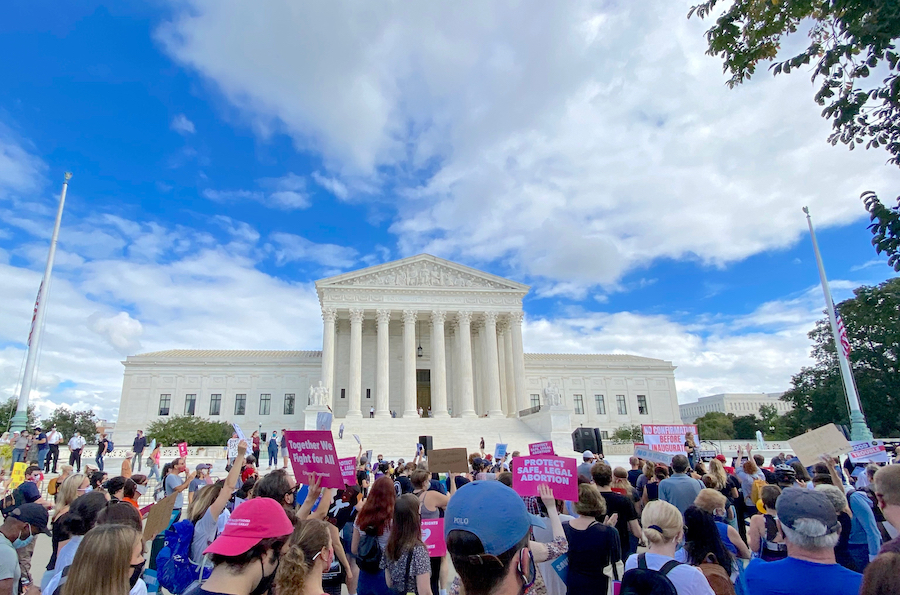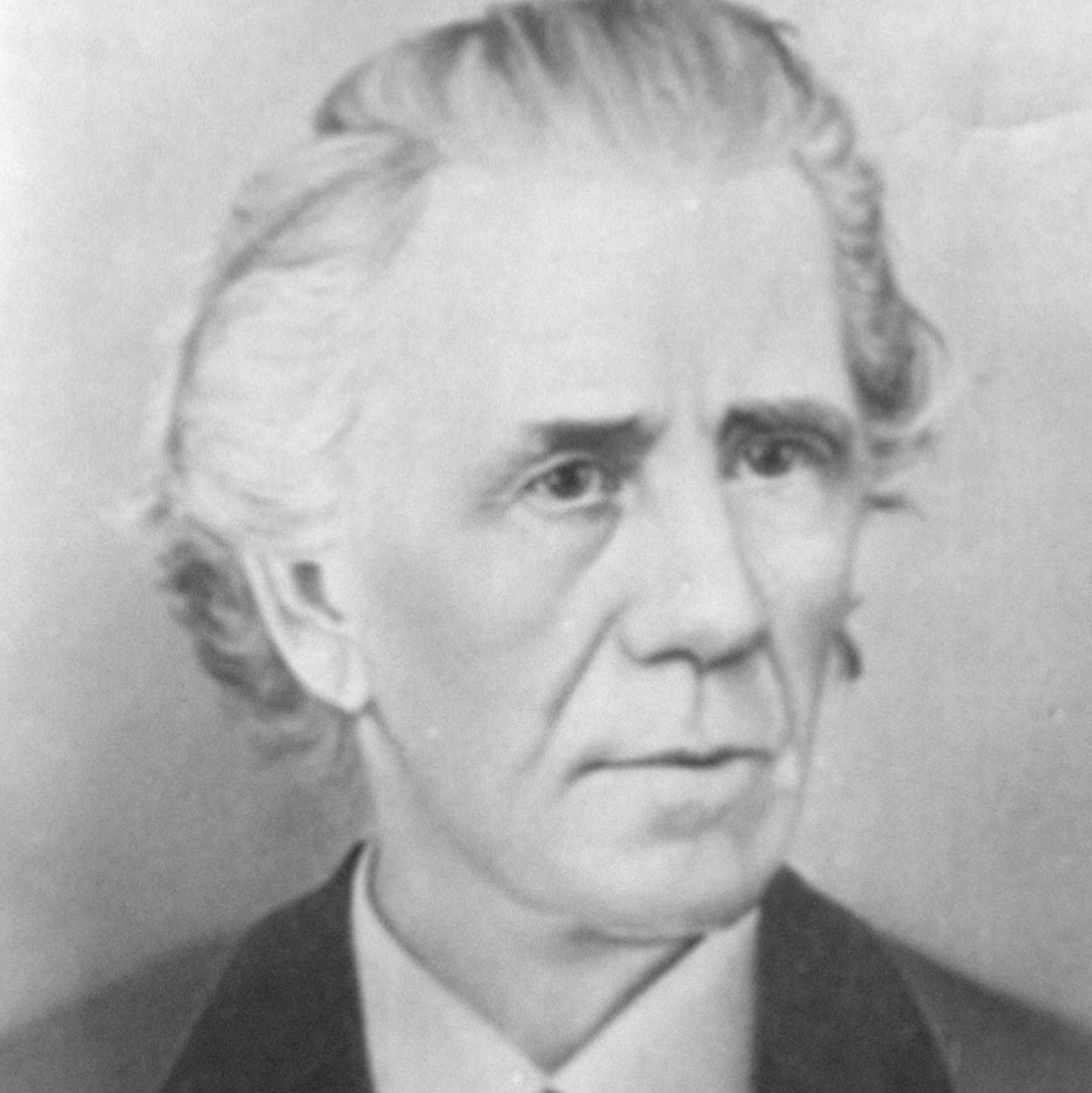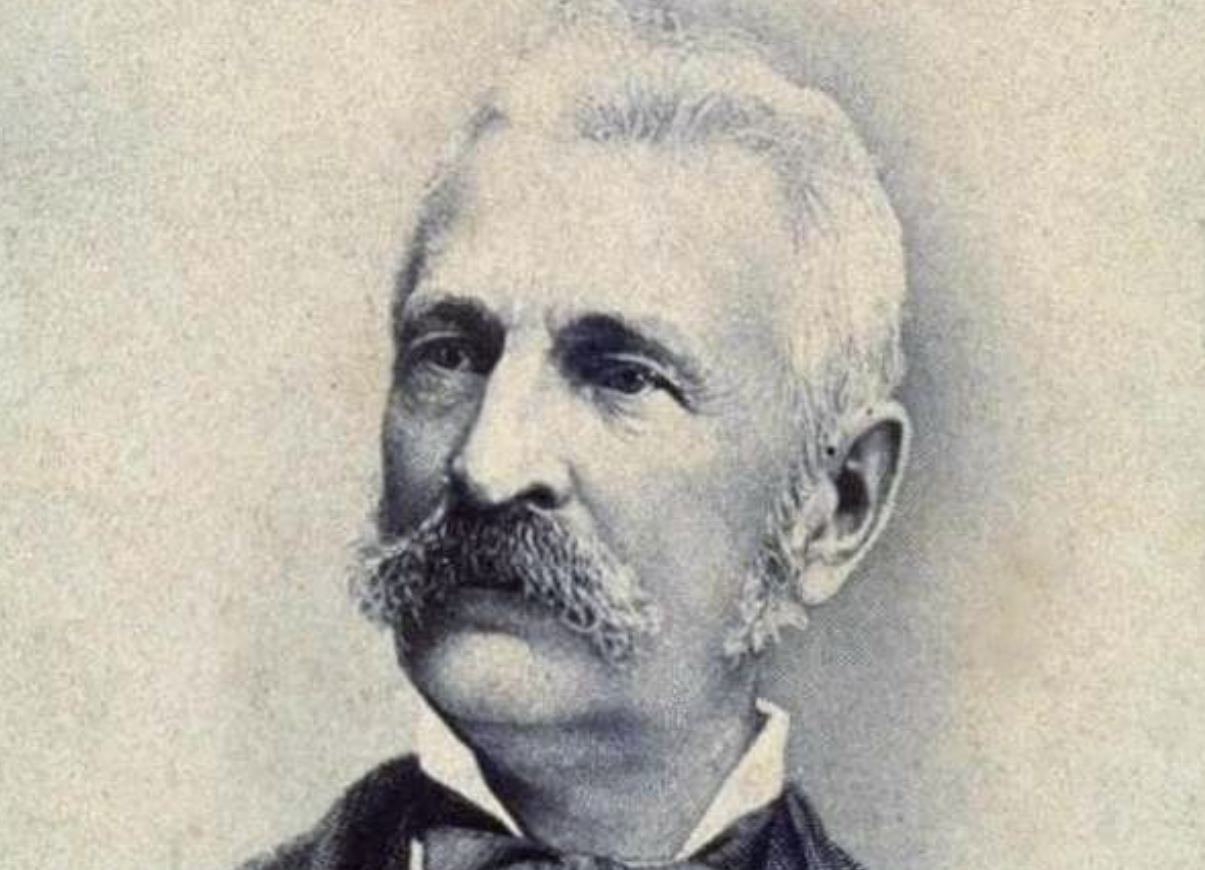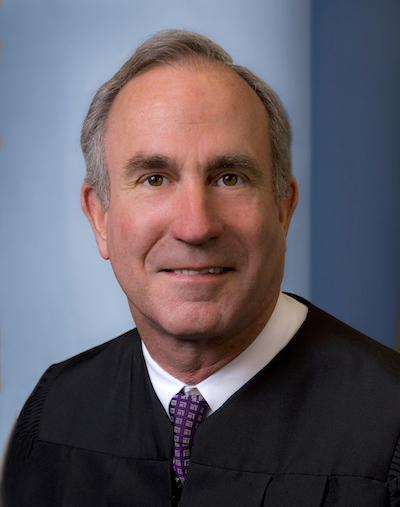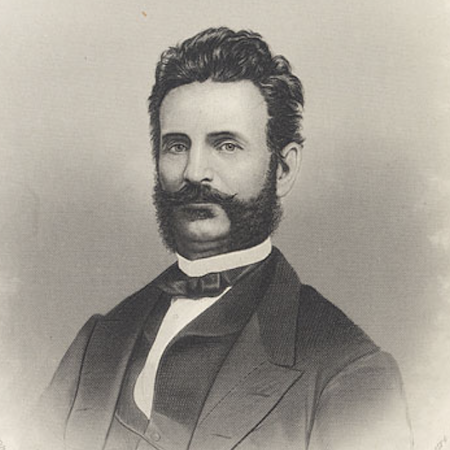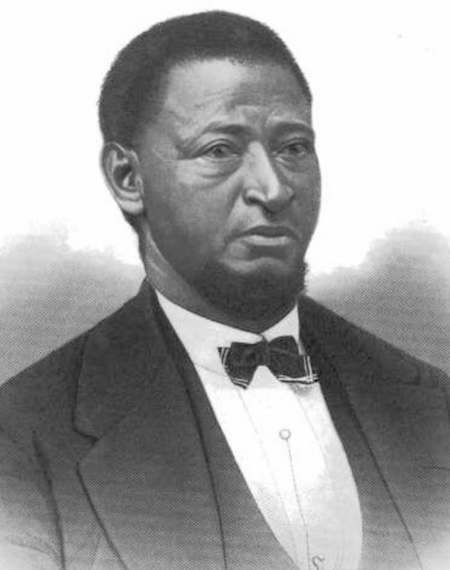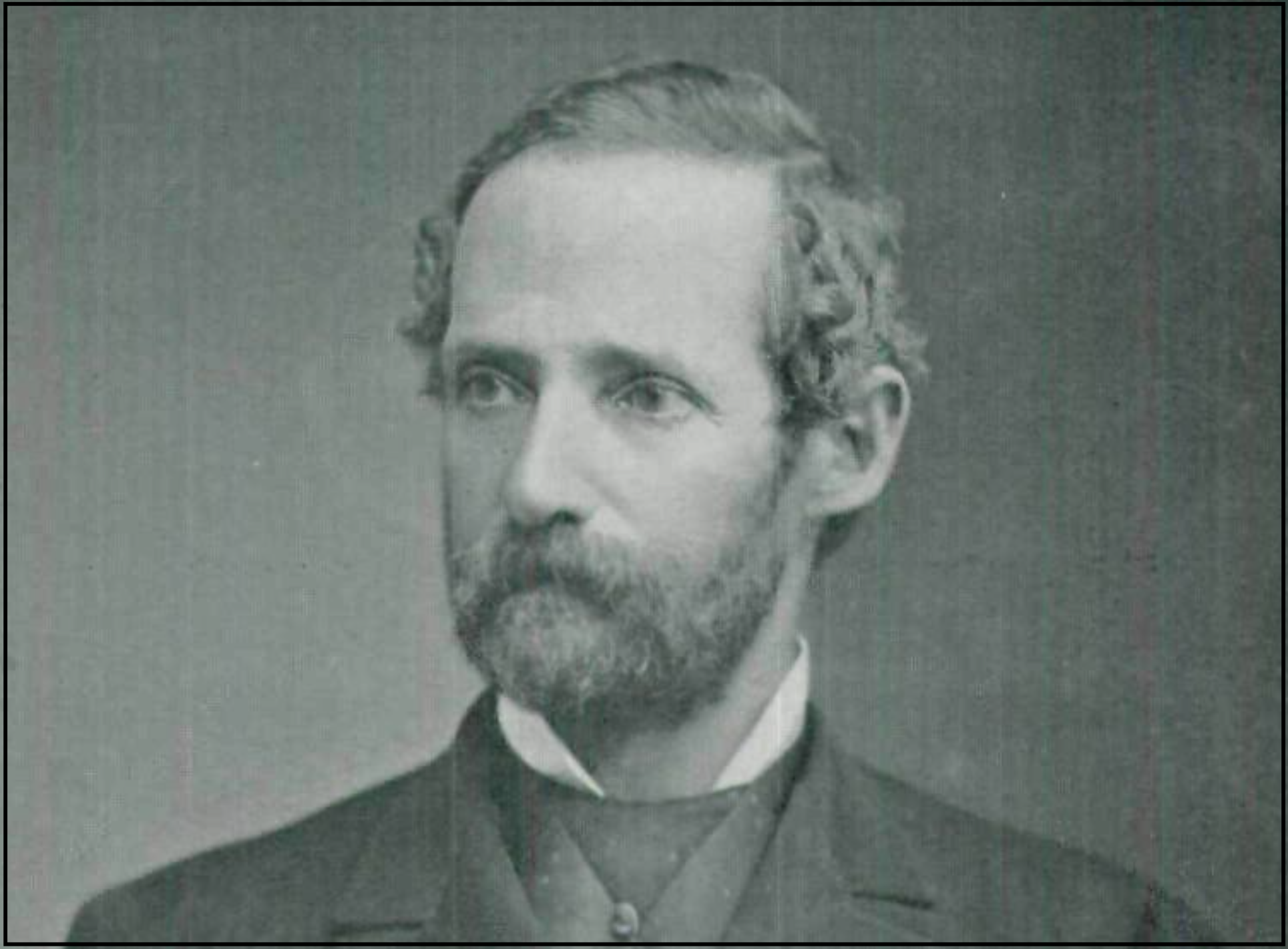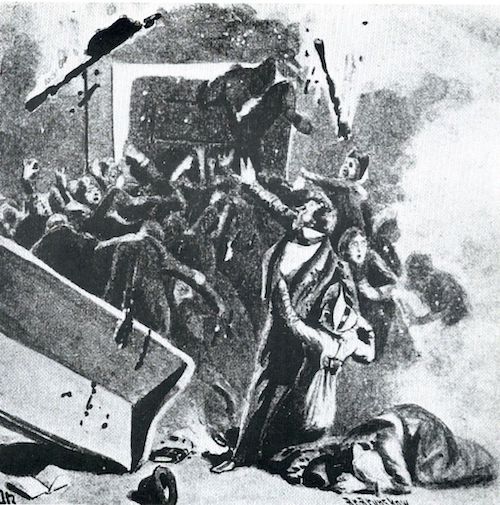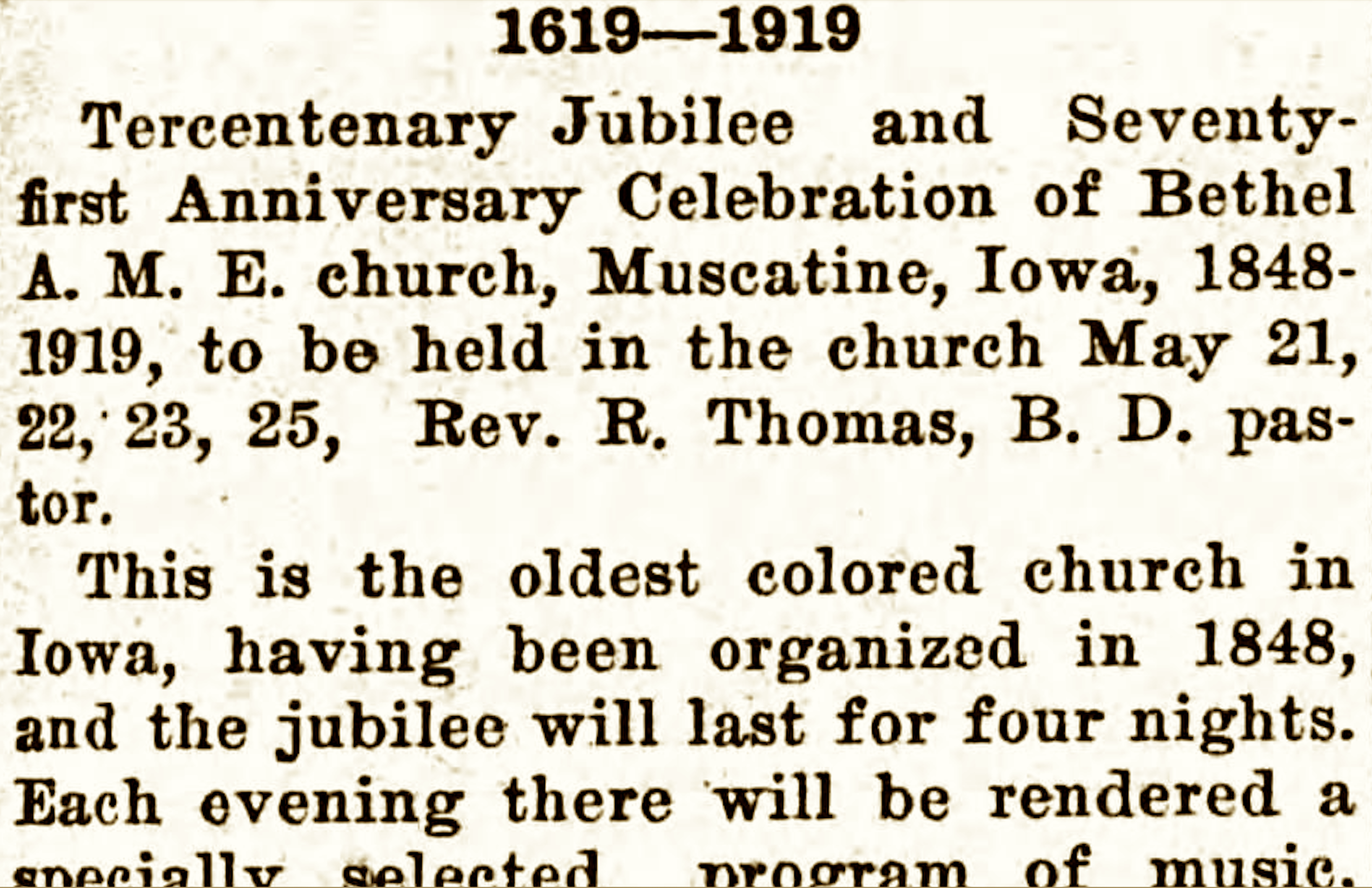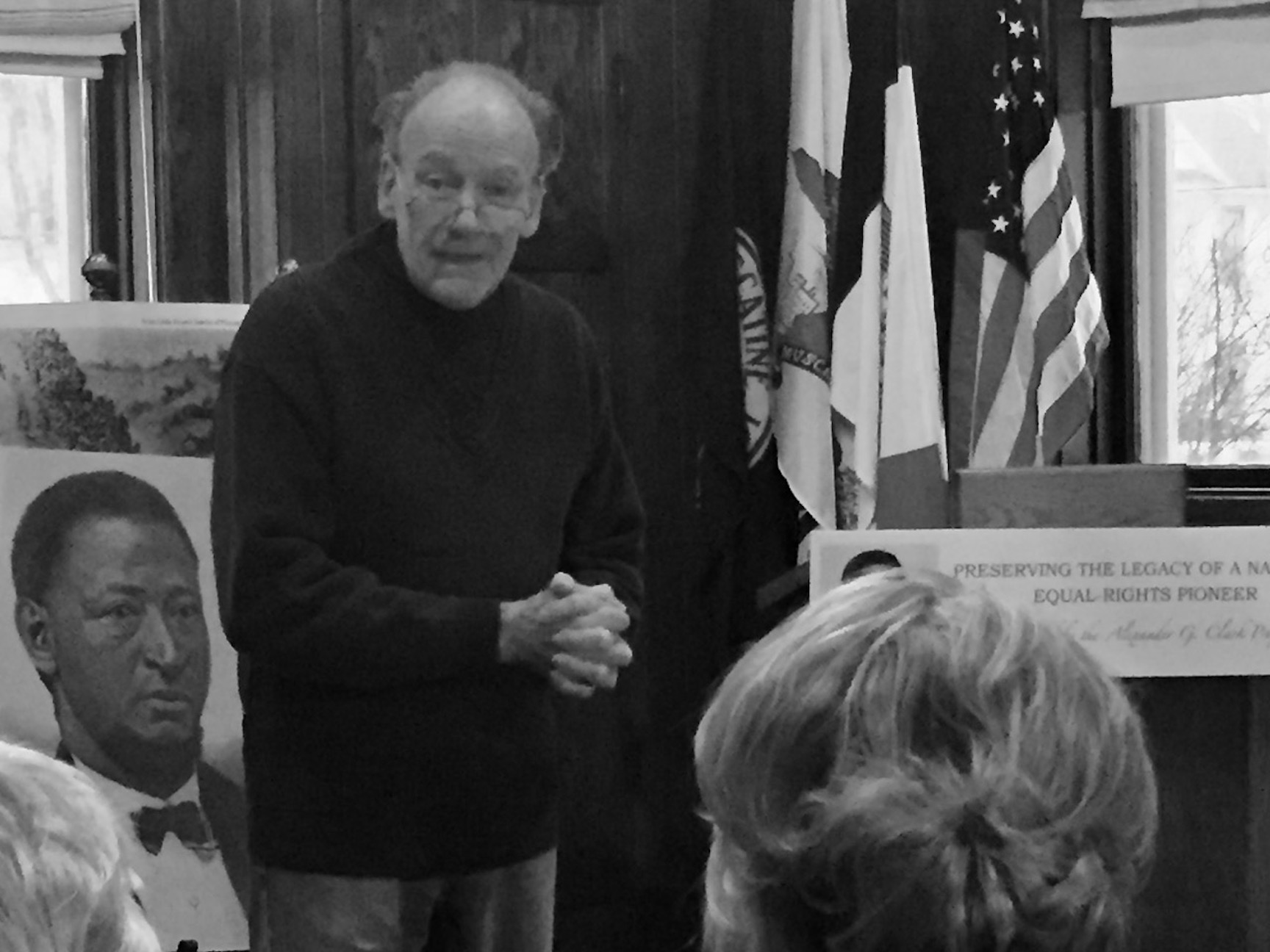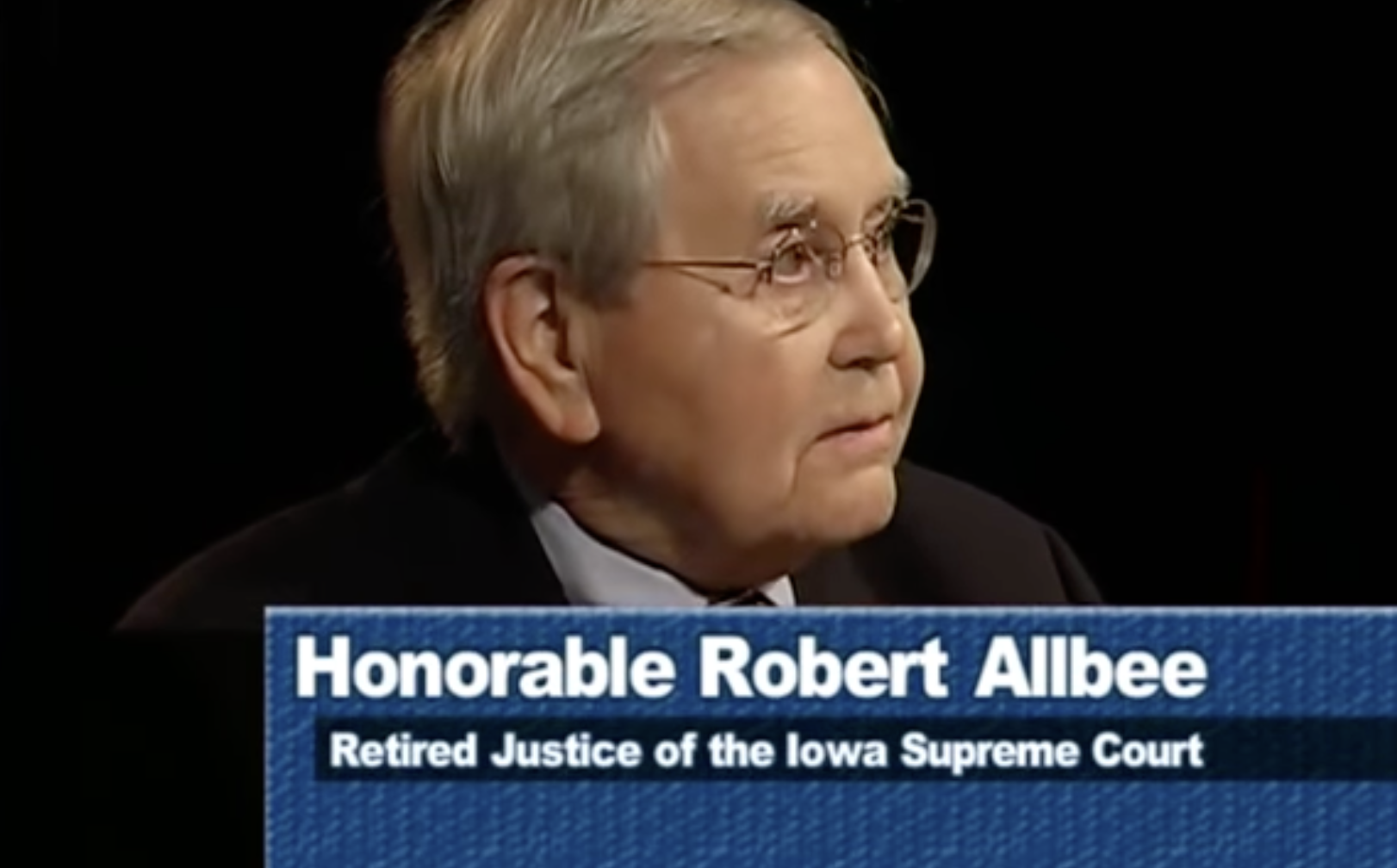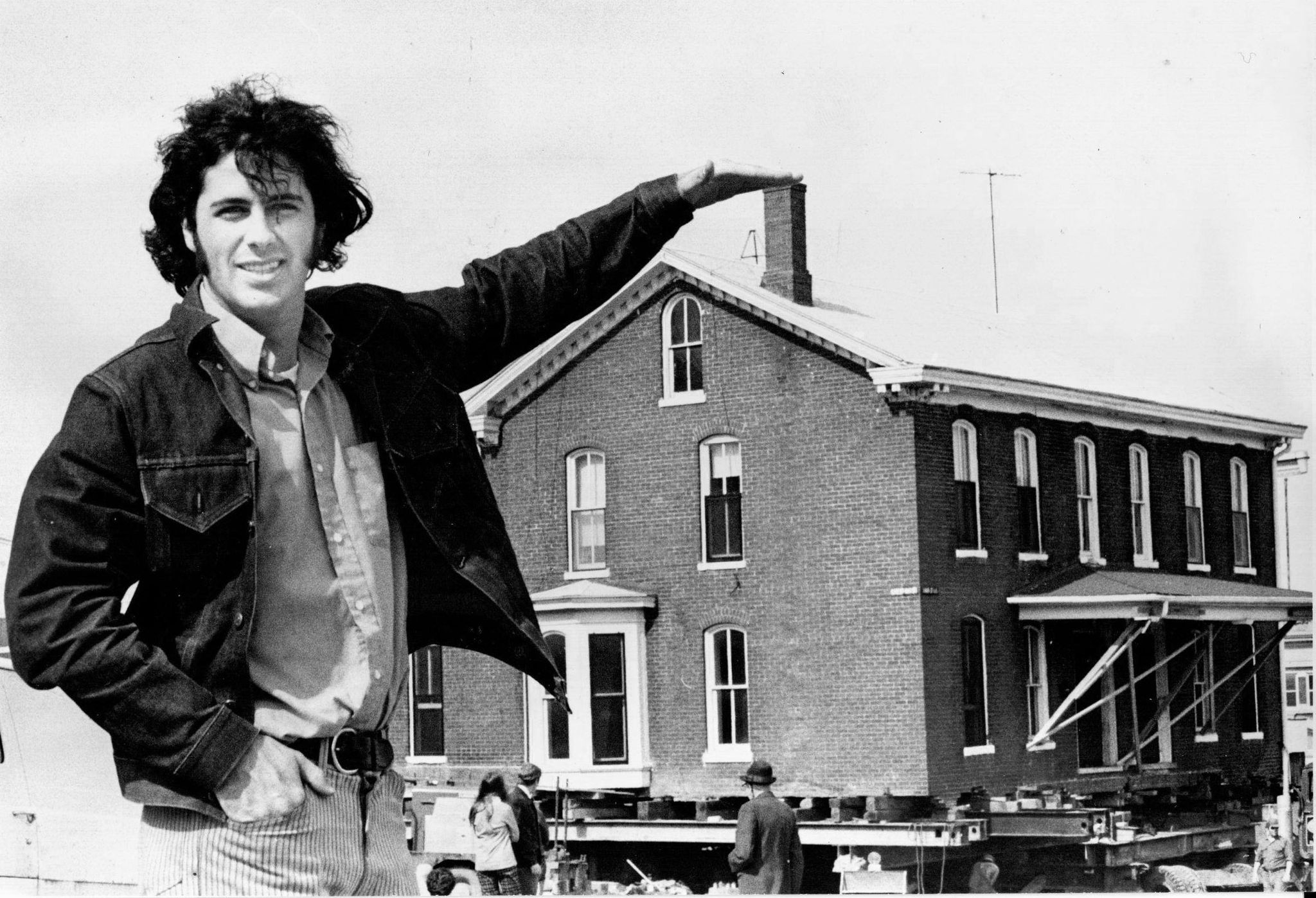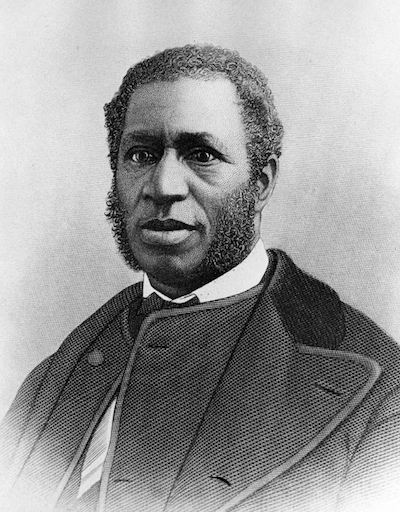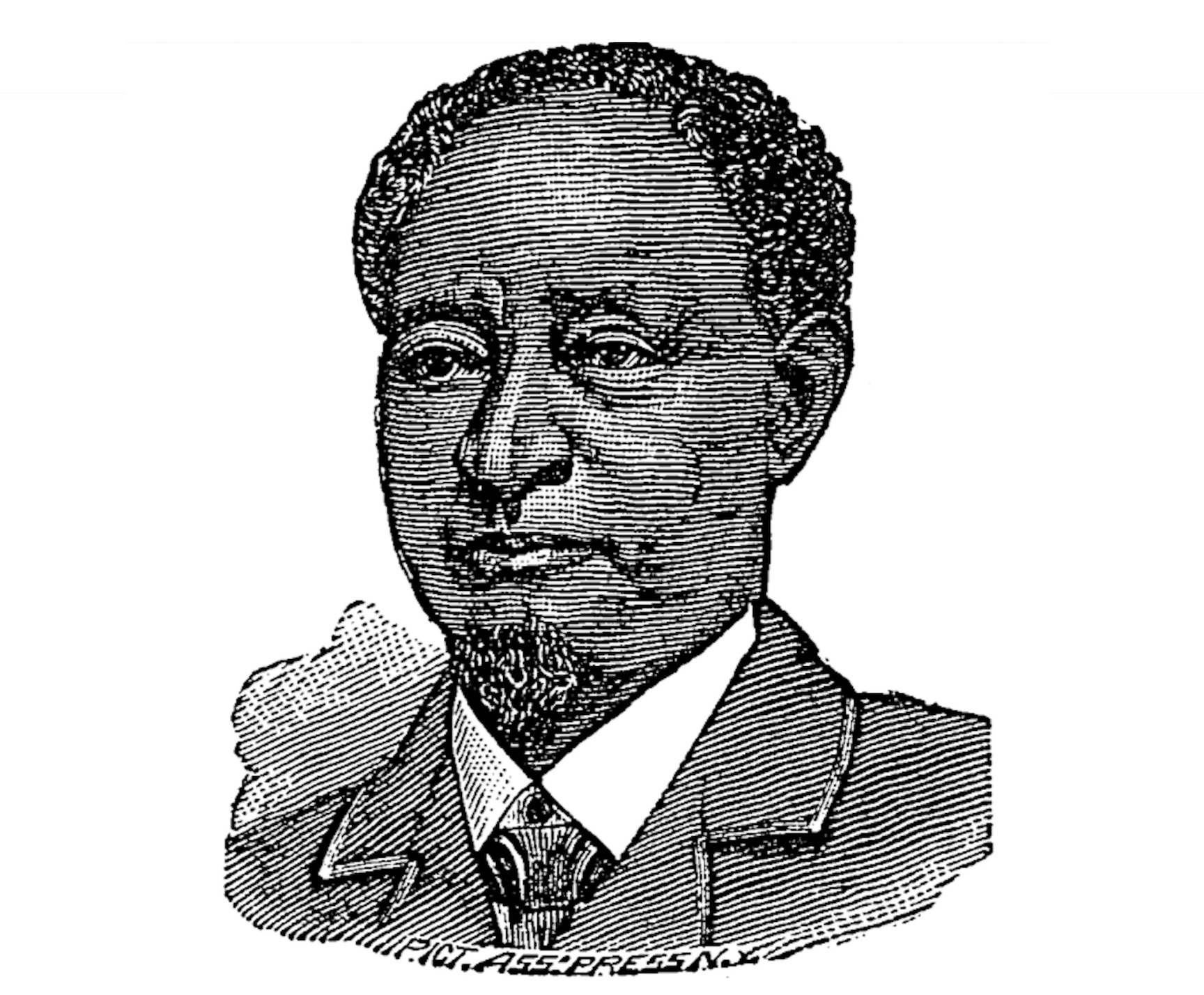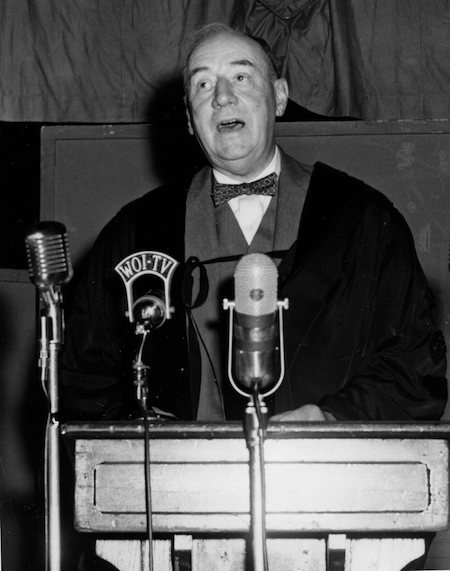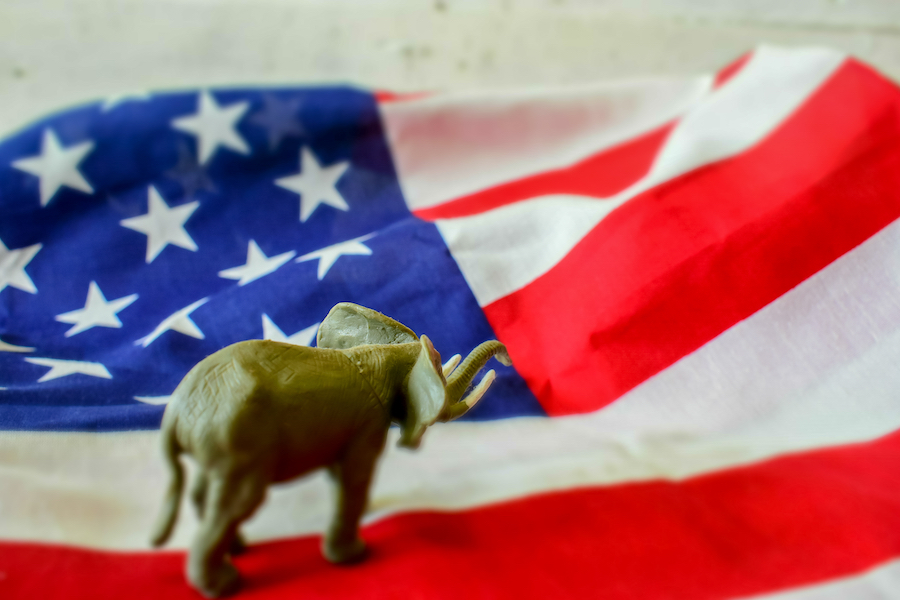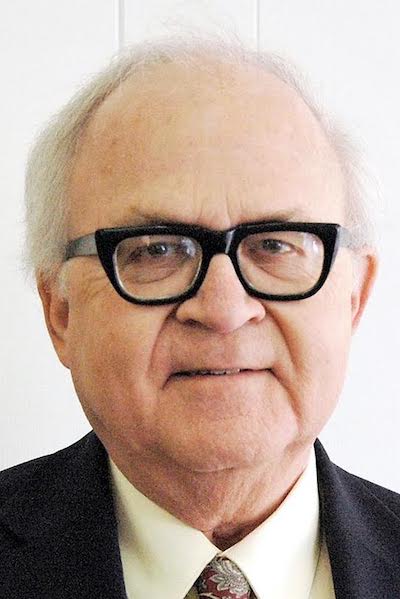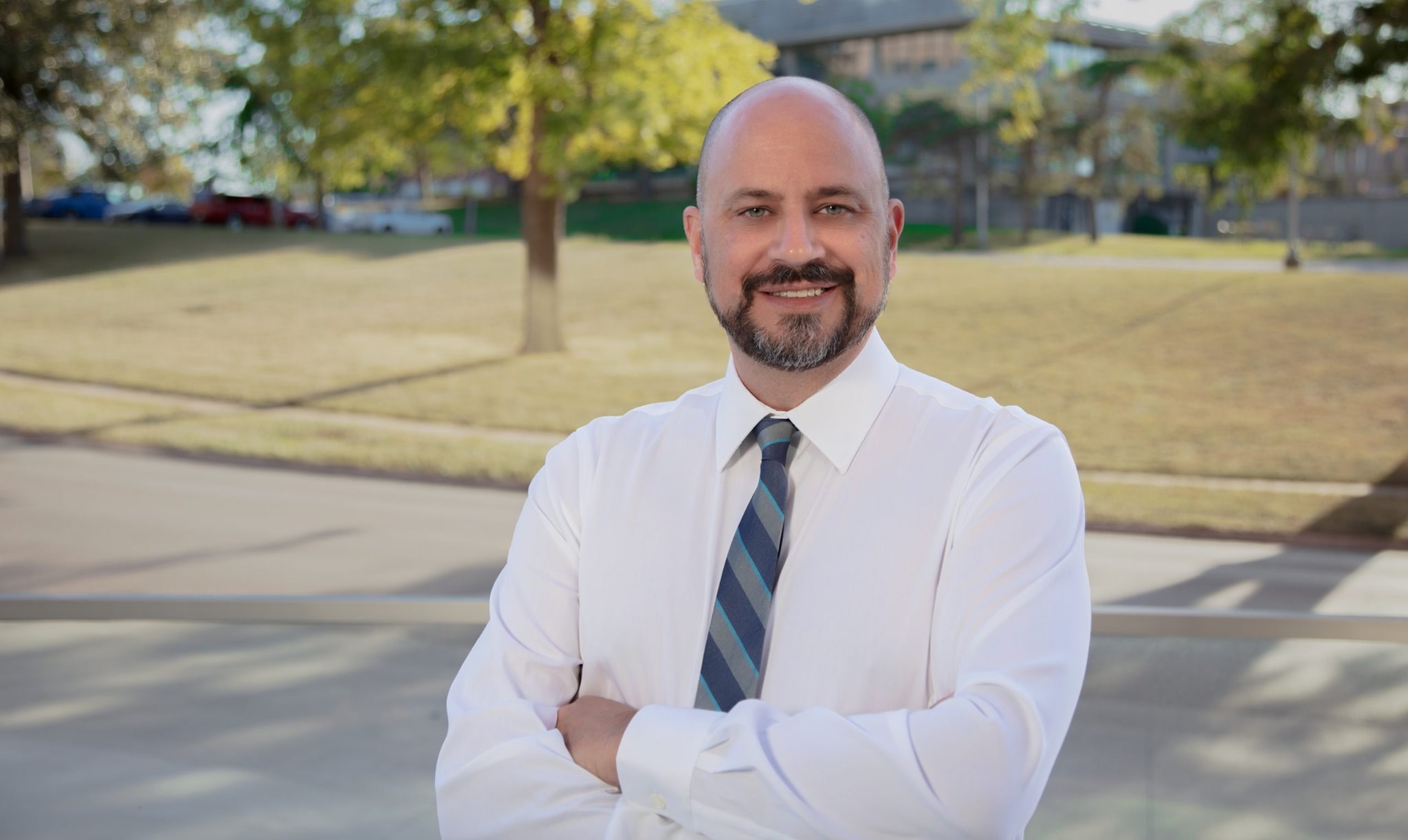Three of Iowa’s four U.S. House members were part of the bipartisan majority that voted to guarantee same-sex marriage rights across the country.
Every House Democrat, including Iowa’s Representative Cindy Axne (IA-03), voted for the Respect for Marriage Act, which passed on July 19 by 267 votes to 157 (roll call). So did 47 Republicans, including Representatives Ashley Hinson (IA-01) and Mariannette Miller-Meeks (IA-02). Representative Randy Feenstra (IA-04) joined the majority of House Republicans in opposing the legislation.
The bill repeals the federal Defense of Marriage Act, enacted in 1996 to protect states from having to recognize same-sex marriages, and to define marriage in federal laws and regulations as between a husband and wife. The Respect for Marriage Act also prohibits states from refusing to recognize any marriage due to the “sex, race, ethnicity, or national origin” of the individuals involved.
House leaders brought the bill to the floor in response to U.S. Supreme Court Justice Clarence Thomas, who wrote in a concurring opinion to the Dobbs case that having overturned Roe v. Wade, the court should reverse other precedents. Among other cases, Thomas mentioned the 1965 Griswold opinion establishing a right to contraception and the 2015 Obergefell ruling on marriage equality. Like the Roe and Griswold decisions, the Obergefell majority relied on a legal analysis that recognizes some liberty interests (like privacy and the right to marry), even though the Constitution does not specifically mention those rights.
Continue Reading...

